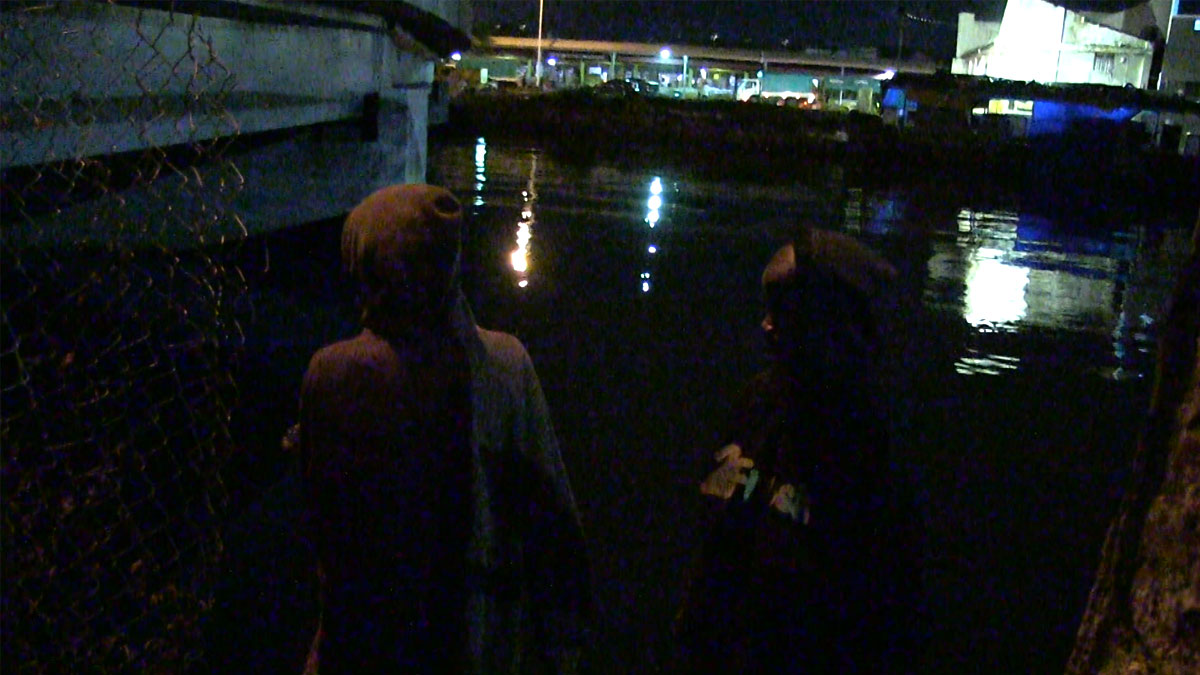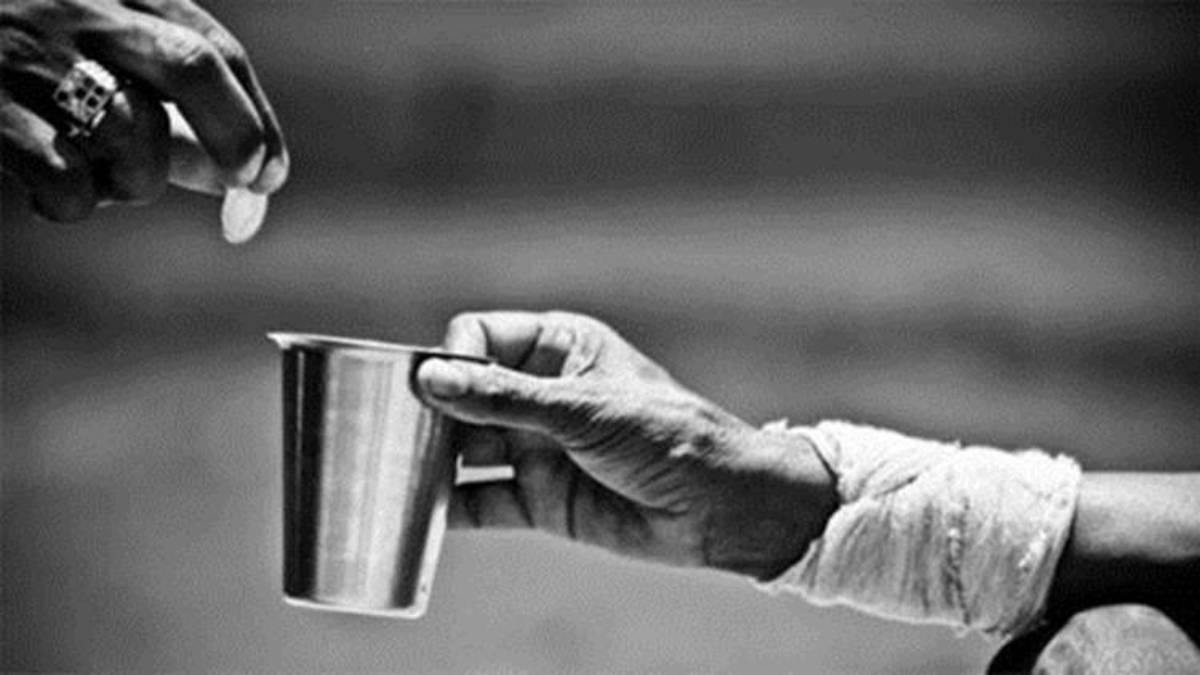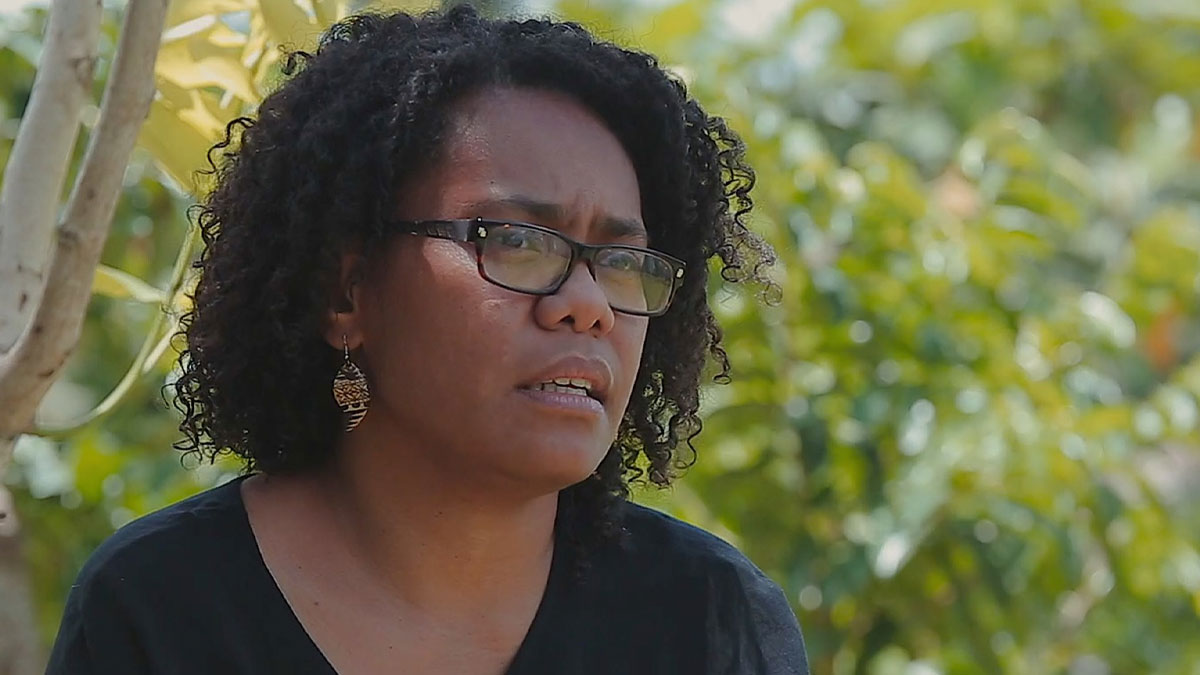
It is advisable for parents and guardians to sell their roti, pudding or any products rather than involving their children in this activity.
That is the statement from the Ministry of Women, Children and Poverty Alleviation as it urges parents and guardians to supervise their children after school hours.
Underage children continue to be seen at many places, selling food, door mats, coconuts or begging in the afternoons and nights.
The Ministry says it is risky and not acceptable to see children roaming around the streets late at night and after school hours.
They say it is not safe for children to be selling on the streets at night.
The public is also requested to report their concerns, if they see a child undertaking hazardous work or a child who is unsupervised or at risk.
Please report the details to the Child Helpline which is Toll Free call on #1325 which is staffed 24/7.
The Ministry has thanked all Non-Government Organisations, Faith Based Organisations and other stakeholders who work closely with the Ministry in tackling this social issue in our society.
The Ministry also says that it addresses the needs of the most vulnerable including children, the disabled, older persons, implements the women’s machinery, and monitors the impact of government poverty alleviation interventions.
It says managing and responding to the Child Welfare Act reports and undertaking case work on a daily basis is the mandate of the Department of Social Welfare.
Stay with us for developments.

Despite assisting children, street beggars and street dwellers through the Social Protection Program, some of them continue to return to towns and cities.
The Ministry of Women, Children and Poverty Alleviation says their ‘Operation Loloma Taskforce’ will continue the monitoring.
The Ministry conducts regular assessments of beggars, street dwellers and children at risk.
It says the joint task force namely ‘Operation Loloma’ includes the Police and NGO partners who work together to support the needy.
The task force regularly visits the streets to seek, assess and help the various vulnerable categories including street dwellers, beggars and children at risk or without parental supervision.
A recent National Sweep Operations was conducted in the Central, Northern and Western division.
This exercise profiled a total of 81 adults and 26 children across the country.
The Ministry says out of the 15 adult beggars and street dwellers in the Central Division, 10 of them have been assisted through the Poverty Benefit Scheme and discussions are in progress with a few to establish their income generating project to become sustainable to and keep them off the streets.
7 of the children begging and selling food in the Central Division have been reconciled with their parents and guardians and also assisted through the Care and Protection Allowance.
It has been established that most children were engaged with activities outside the home, with the rationale of complementing the daily needs of families, and returning home at night while others were saving for their own personal purchases.
The ‘Operation Loloma Taskforce’ will continue the profiling and monitoring of these children, beggars, street dwellers which is an on-going operation of the Ministry.
The Ministry of Women, Children and Poverty Alleviation says through the Department of Social Welfare they continue to receive new applications for assistance through the 20 offices across the 4 national divisions.
The Ministry says it has a total of 89,000 welfare recipients under the four major social protection programs that entails monthly allowance payments.
They say some families are still recovering from the economic impacts of the COVID pandemic and they encourage the unemployed and needy families, parents and guardians to apply for assistance under the appropriate Social Protection Programmes.
The government says the Social Protection Programmes have assisted approximately 22,583 families under the Poverty Benefit Scheme which has a budget of $31 million, 9,030 individuals with children have been assisted under the Care and Protection Allowance which has a budget of $11 million, 46,996 Older Persons aged 65 years and over are being assisted through the Social Pension Scheme with a budget of $53 million and 10,069 Persons with disabilities are assisted through the Disability Allowance with a budget of $10 million.
Government says it also provides assistance through the Bus Fare Scheme, Rural Pregnant Mothers Program, Fire Grant, Consolidated Grants to Organizations. There is also a Food Voucher component within three of the schemes, which allows 31,613 recipients to purchase $50 worth of food items from Contracted Vendors. These are processed on a monthly basis with the allowance component.

We are still waiting for a response from the Ministry of Women, Children and Poverty Alleviation in regards to the food poverty issue where some children are scavenging for scrap metal in dump sites while others are selling food near supermarkets to put food on the table for their families.
This is according to Fiji Council of Social Services Executive Director Vani Catanasiga who says they even invited the Ministry for a talanoa session with development partners last Saturday however no one turned up.
When questioned what FCOSS and other NGOs are doing to address the issue of food poverty, Catanasiga says many civil society organisations are already carrying out work in this area like Save the Children Fiji, Empower Pacific and other community and faith based organisations.
However, she says a lot of these work are reactionary and what they want is the problem to be addressed at the roots which will require multi sectoral approach and this can only come from the Ministry responsible for social welfare.
We sent questions to the Minister for Women, Children and Poverty Alleviation, Rosy Akbar last Wednesday on the food poverty issue. She has not responded. We have been told by the Ministry that it is preparing a response.
Stay tuned for the latest news on our radio stations

